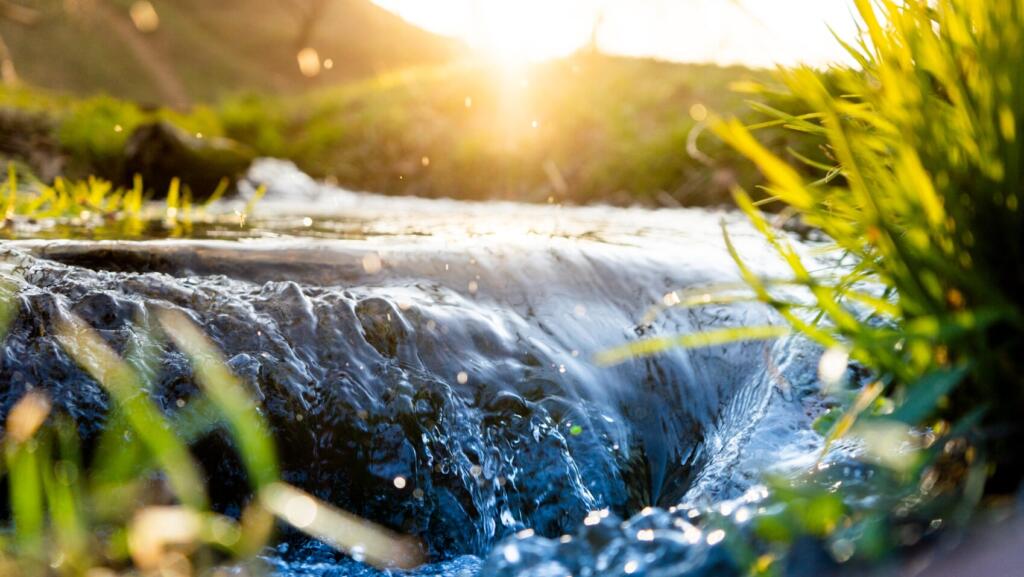Social media is overflowing with advice on how much water to drink, when to drink it, and even how it can cure various ailments. This blog aims to clarify these topics and clear up any confusion caused by such claims.
Modern Science and Water Recommendations
While it’s true that dehydration can cause health problems, many claims about water curing diseases are exaggerated and lack evidence. For example, a cancer patient might increase his water intake to 3 liters per day, hoping for healing. This isn’t harmful as long as he continues with necessary treatments like surgery and chemotherapy. However, it’s crucial to maintain realistic expectations.
The Role of Water in Health
Water is essential for maintaining various balances in the body, such as pH and mineral levels. For instance, a New Yorker on a diet heavy in meat, potatoes, coffee, and alcohol but low in water might face health issues. Drinking more water could help alleviate some problems but won’t cure all ailments. Many online videos and claims promote this misconception.
Benefits of Drinking Water
Water has several health benefits:
– Improves blood volume and viscosity
– Boosts energy levels
– Flushes out toxins, keeping organs healthier
– Enhances skin appearance
– Aids in weight loss
– Enhances muscle function
– Supports hormone production
– Reduces joint pain
– Lowers stress hormones
Factors Influencing Water Needs
The amount of water you need depends on your health, activity level, climate, and diet. This is often overlooked in mainstream media. Water helps maintain both alkalinity and sodium levels, meaning a diet high in alkaline foods and low in sodium might reduce the need for excessive water.
In an environment with temperatures between 15-25 degrees Celsius and assuming an activity level of 10,000 steps per day, a guideline is to drink 3-5% of your body weight in water. For example, a 75-kilogram person should consume 2.25-3.75 liters of water daily, equivalent to 9-15 glasses, assuming each glass holds 250 ml. If you’re eating 1% of your body weight in fresh fruits and 1% in vegetables daily (about 85% water), this accounts for roughly 1.7% of the 3-5% hydration needs. Thus, the remaining requirement is 1.3-3.3%, or 4-10 glasses of water daily.
For those avoiding non-vegetarian and processed foods, 6 glasses per day may suffice. Drink two glasses of warm water in the morning, one glass an hour after each meal, and one glass before bed. In hotter climates, like in India, drink a glass of water every time you return from outside. However, drinking too much water can lead to mineral imbalance. Check your hydration level by the color of your urine, which should ideally be light yellow.
Drinking Water with Meals
Opinions vary on whether to drink water with meals. Some recommend drinking warm or room-temperature water during meals to aid digestion. Others suggest waiting 45 minutes to an hour after eating before drinking water, claiming it dilutes stomach acids and impairs digestion. However, the Mayo Clinic states that drinking water does not interfere with digestion.
Ayurveda’s Approach to Water
Ayurveda offers a personalized approach to hydration based on individual constitution (dosha), season, and lifestyle.
Individual Constitution (Dosha)
– Vata Dosha: Drink warm or hot water to balance cold and dry nature. Drink water regularly but in small amounts.
– Pitta Dosha: Drink cool or room temperature water to balance hot and fiery nature. Stay well-hydrated, especially in hot weather.
– Kapha Dosha: Drink warm or hot water to counter cold and heavy nature. They may need less water but should stay hydrated.
Seasonal and Lifestyle Factors
– Summer: More water is needed to stay hydrated due to the heat, especially for Pitta types.
– Winter: Warm water is recommended, and the intake might be slightly less than in summer.
– Activity Level: More active individuals need more water. Sedentary people might need less.
General Guidelines
– Listen to your body: Drink when thirsty.
– Light yellow urine indicates proper hydration.
– Sip water throughout the day instead of drinking large amounts at once.
– Prefer warm or room temperature water over cold water for better digestion.
Water During Meals
– Ayurved says drinking water during meals is not ideal. One should drink water either one hour before or one hour after the meal.
Conclusion
Mindful drinking and listening to your body’s signals are key to maintaining proper hydration. Ayurveda is a blessing, it starts where the modern science ends.
ALSO READ: 9 Health Benefits of Marrow Soup: The Nourishing Elixir
